The Rural Virginia Education Issue
The good news is that Virginia’s public education system ranks as one of the very best in the nation. The bad news: there is a large and growing divide between the quality of education available in urban and rural communities. What needs to be done? We focus here on three priorities:
Fixing crumbling rural schools: Virginia has one of the greatest disparities in the entire country in our public school infrastructure. If you live in a wealthy county, your kids’ school is state of the art; if you are in a poor county, they may not even dare drink the water. How can that be? Because, unlike school operation costs which gets state funding, each county is on its own to finance school construction. The result: Virginia’s rural counties have a monumental $25 billion backlog in urgently needed school construction! Fortunately, after years of procrastination, Cardinal News reports that there appears to be an emerging, bi-partisan consensus to at least begin to act. But is our anti-tax governor, going to support it? Two suggested reading in the Cardinal News and in the Roanoke Times.
Making college affordable for rural youth: Virginia has one of best state systems of higher education in the country – but also one of the most expensive. Barely 6% of students at our state-supported colleges are from low-income families – while 45% are from high-income families! That is one of the worst records in the country. Of course, not all rural students are low income – but it is also true that rural communities have a much greater percentage of students who cannot afford to pay sky-high tuition than urban areas do. What gives? Two reports that we link to here – one from Old Dominion University, the other the non-profit State Higher Education Finance (SHEF) -- explain how the Virginia legislature spent three decades cutting funding for both universities and community colleges. The result is a system that skews toward the wealthy – an especially devastating outcome for rural communities looking to use education to transform their economies. Suggested reading: Cardinal News article (January 25, 2022) on the Old Dominion University report; the actual ODU report (January 16, 2021); and the State Higher Education Finance (SHEF) profile of Virginia. And yes, the last two links have a lot of information to read through, but it is worth it!
Retaining our teachers: Teachers are the “front-line workers” ensuring our kids education. Burned out by the pressures of educating through Covid and worn out by the politicization of their work, they are leaving the profession in droves. That is the troubling conclusion of the NBC news report below. What can be done? For starters, says long-time teacher Patricia Smith in our other linked article here, communities and politicians need to end the blame game. Teachers deserve support; if not we may end up teaching our kids ourselves. Suggested reading: NBC News, February 1, 2022; and Richmond Times-Dispatch, February 2, 2022 commentary by Patricia Smith.
